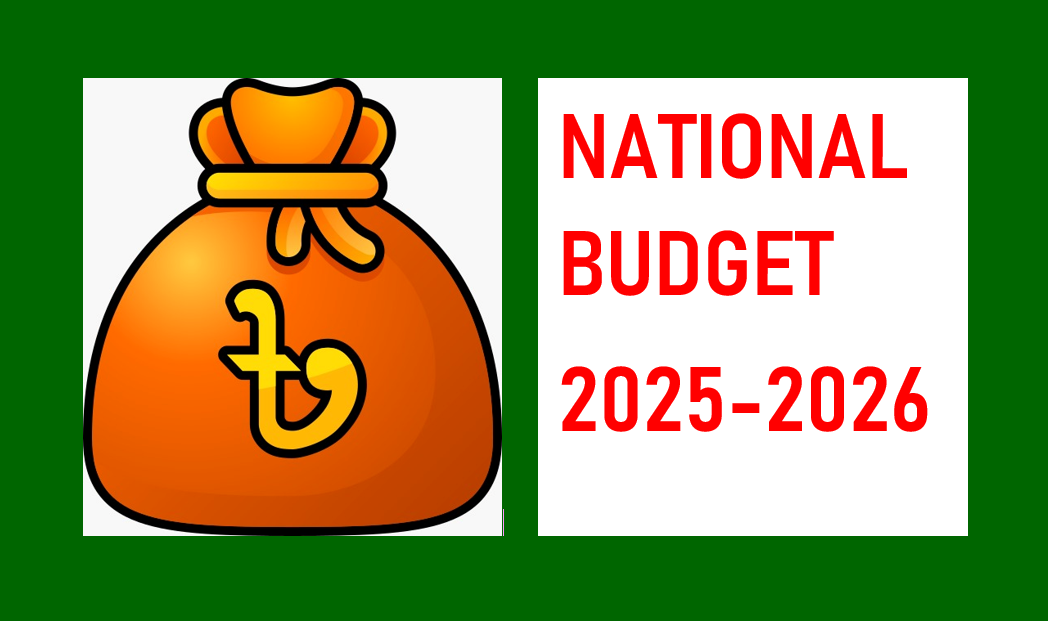The proposed Tk 7.9 lakh crore national budget for the 2025–26 fiscal year is set to be presented by Finance Adviser Dr. Salehuddin Ahmed on Monday, to be broadcast live on television and radio. With a focus on increasing revenue collection and easing the burden on consumers, the budget is expected to introduce several tax cuts and duty reductions across key sectors.
One of the major proposals includes the withdrawal of the 15% value-added tax (VAT) on imported liquefied natural gas (LNG), a move that could reduce energy costs. Currently, LNG imports are subject to 15% VAT and 2% advance income tax. Sales of LNG also carry 15% VAT and a further 2% tax at source.
To lower fuel prices, the government may cut import duties on crude oil from 5% to 0% and on other fuel products from 10% to 3%. This is expected to bring down the cost of fuel in the domestic market.
The budget may also propose duty reductions on the import of raw materials for various local industries. These include tires, tubes, brake pads, marble, granite, and machinery used in manufacturing. The leather sector, especially relevant during Eid-ul-Adha, may benefit from reduced import duties on chemicals used in processing hides—from 5% to 1%.
In an effort to keep food prices stable, the proposed budget includes a reduction in tax at source for essential food items such as rice, wheat, lentils, edible oil, sugar, and salt. The current 1% tax at source may be cut in half, which could lower retail prices. The government believes this tax cut will not significantly affect revenue but will prevent businesses from using it as an excuse to raise prices.
The land registration system may also see changes. Registration fees are expected to shift from being calculated per “katha” to being based on “percent”, and the advance tax may be slightly reduced.
To stabilize sugar prices, the import duty on refined sugar could be reduced from Tk 4,500 to Tk 4,000 per ton. Similar reductions are proposed for other sectors. Import duties on soybean meal and neutralized soybean oil may be cut to support food production. Paper manufacturers may also benefit from reduced duties on essential chemicals and materials.
Newsprint, a key material for newspaper production, may become cheaper due to a proposed cut in customs duty from 5% to 3%, following recommendations from industry bodies.
Cricket bat prices may drop as well, with the duty on imported wood for bat production expected to be reduced from 37% to 26%. The government aims to promote domestic bat manufacturing and increase exports.
The technology sector is also expected to benefit. A proposal to lower import duties on foreign software tools, operating systems, and security software from 10% to 5% could reduce costs for local tech companies and freelancers.
Additionally, the budget may include a proposal to remove the current 15% VAT on traditional clay and leaf-based household items, making them more affordable for low-income consumers.


